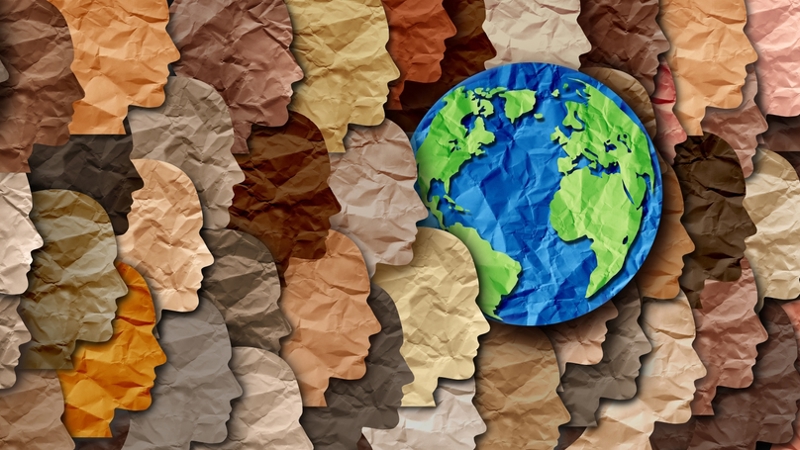
It is perhaps surprising that it has taken until relatively recently for the links between climate change and health to emerge as a central theme at COP meetings, and more widely. COP28 will see the first ever “Health Day”.
Implicitly, the fight against climate change was always about health: higher temperatures causing more heat-related deaths, spread of infectious diseases increased by climate change, flooding linked to mental health deterioration and directly to physical injuries. The fight against climate change is the fight against its impacts on humans.
The risks from climate change are a function of the hazard itself, the vulnerability and exposure of the person or the community. Higher temperatures, more flooding and other hazards have a greater impact where communities are more exposed (as we saw this year with the floods in Libya) and where people are more vulnerable (and so less able to respond). The risk to health is a combination of all these factors. A better understanding of the three dimensions (hazard, vulnerability and exposure) supports more effective efforts to tackle climate change itself and the potential impacts.
In addition to action to directly reduce hazards, exposure and vulnerability efforts to tackle climate change can have benefits on health. One of the more well-known efforts to understand the links between health and climate, the Lancet Countdown, was based on analysis which found that tackling climate change could be the “greatest global health opportunity of the 21st century”. This arises because of the many co-benefits from tackling climate change: improved air quality from burning fewer fossil fuels, healthier diets reducing emissions and improving health, more active travel reducing obesity.
Finally, the global health sector and health systems themselves contribute to climate change. The production of, often live-saving, drugs and medicines results in greenhouse gas emissions. The delivery of healthcare services themselves contributes about 4.5% to global carbon emissions. In the UK, the National Health Service has pledged to reach net zero by 2045 across its entire supply chain (and by 2040 for its direct emissions). Changing healthcare will be needed to support those affected by climate change but also to avoid the delivery of healthcare exacerbating those very climate impacts.
Taking all this together you may wonder why COP28 is the first ever to have an official Health Day on 3 December. It will be important to get the focus right. The World Health Organisation, and many others, are right to be highlighting the links between climate change and health. They are right to be calling for greater funding for health systems to deal with the consequences of climate change. They need to also avoid downplaying how the delivery of healthcare itself has to change: to reduce emissions within the healthcare sector, to refocus healthcare delivery from treatment to prevention and to harness digital and other technologies to reduce individual vulnerability and exposure. Aligning the economic incentives on healthcare systems with this challenge is needed – alongside efforts to better fund and improve existing healthcare systems – to help tackle the twin threats of a changing climate and risks to health.




